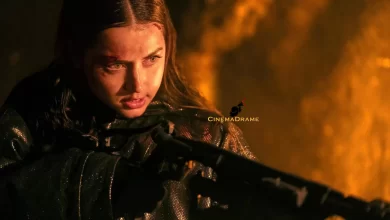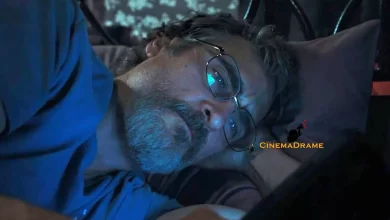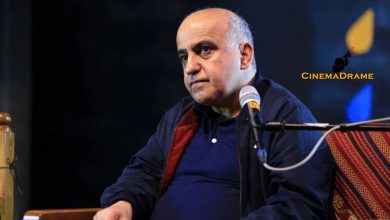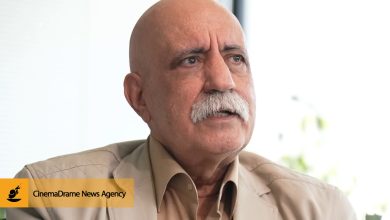Loghman Madayen’s Note on the Series Counterpart: Who Prevails—The Peace Seekers or the Followers of War?
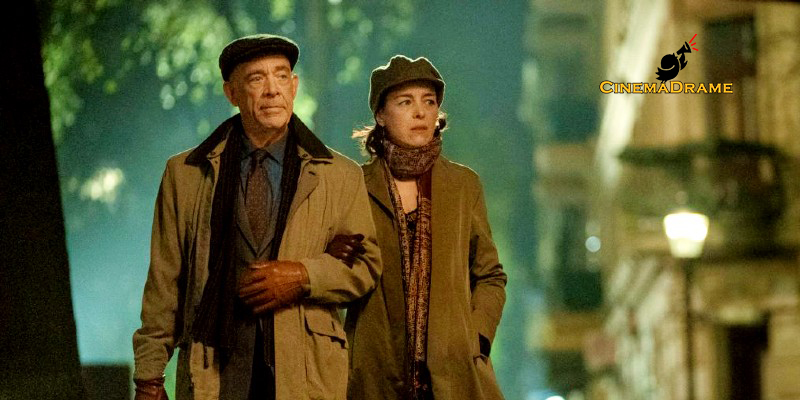
According to CinemaDrame news agency, Loghman Madayen, film critic, in an exclusive note reviewed the series Counterpart. He wrote: I consider the twenty-episode series Counterpart, directed by Justin Marks and streaming on Stars, a magnificent work— a sci-fi film enriched with a world of well-crafted drama and the thrills of a spy action story, consciously leading us into fantasy to speak abstractly about reality.
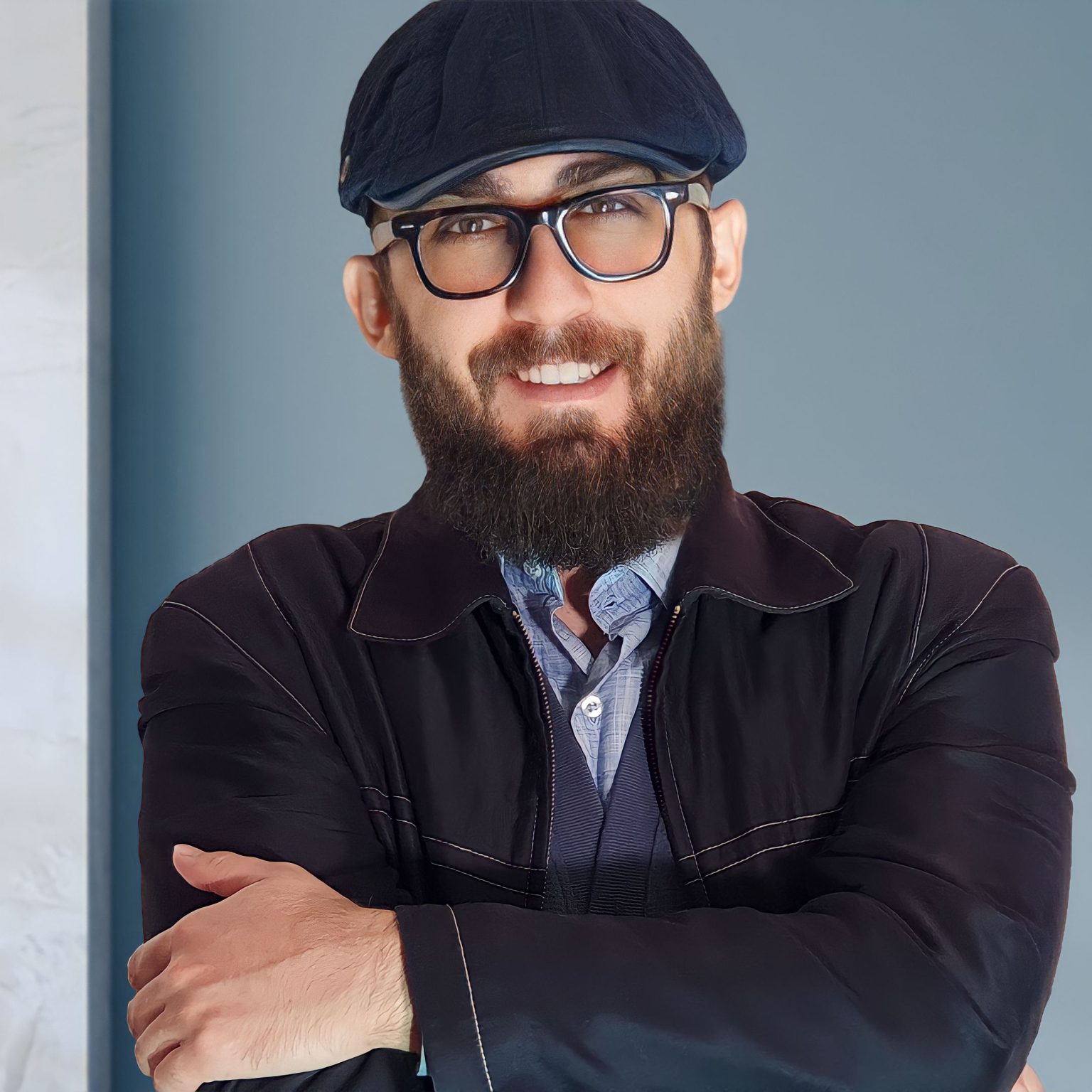
Everything essentially takes place behind the scenes between East and West Germany, with the border outwardly resembling a gateway into a parallel world—this is where the series succeeds. Two perspectives, two worldviews fixed in one location: one whose people and country have become a paradise on earth, and the other, with regressive thinking, a backward viewpoint, and a dark worldview that has caused societal decline.
It shows how, in the battle between socialism and capitalism, the desperate anti-capitalist ideology tries to compensate for its weaknesses through inhumane actions—cunningly extorting its rival to sustain its bankrupt economy, raising child soldiers brainwashed to become foot soldiers and zealots on demand.
They create diseases to reduce population and weaken their opponent. Amid this, what has become utterly meaningless is humanity itself, justified through endless verbal dances.
It talks about infiltration: how a lone sparrow is sent to the life of an influential, trustworthy manager to pursue their own goals; about a manager wary of the security system who, fearing for his reputation or family’s honor, distrusts the system and is forced to cooperate with his enemy.
It discusses how the governing power treats its loyal personnel, who have served faithfully for years, showing how servants must become worn out and how some reach high positions merely due to family ties.
It speaks of love, family, and life—how the sincerity of deep and genuine affection reveals itself, mends fragmented feelings, and proclaims that only love distinguishes real humans from mere facades. It reveals how empathetic individuals become victims of betrayal, break down, and how children searching for parental love get hurt.
Finally, it addresses the heads of the global order, the Illuminati or the rulers of this planet, who decide the life and death of people while themselves being immature and prisoners of uncontrolled egos.
Moving beyond its good content, let’s focus on form and technique.
The series employs the Butterfly Effect theory, which states every action we take has far-reaching and sometimes devastating effects, especially across other worlds.
I consider the work multi-threaded: the story follows a simple UN employee who, after a lifetime of service, realizes the agency he works for has found and protects a gateway to a parallel world. This world was once in Cold War conflict with theirs, and the war’s flames have been fueled daily by spies on both sides. Most importantly, he discovers unknowingly that he himself is a top spy.
The main plot revolves around a group that, upon accessing a confidential letter, uncovers a secret revealing that the spread of an influenza virus, which caused genocide in the parallel world, was a deliberate act by that world. They seek revenge by raising a generation to punish those responsible for the massacre.
Subplots unfold in the lives of Howard and Emily across two parallel worlds, as well as Nadia, Anna, Peter and Claire, Naya Temple, Alexander Pope, Yank, Fancher, Ian, Aldrich, and each well-crafted character.
The plot draws from Jungian theory’s archetype of symmetry, which is a strength that links all characters and events through collective wisdom. It uses the fourth dimension of human experience as a non-causal binding principle, appearing as a mysterious intellectual concept that the viewer accepts because it arises exactly at the moment the hero needs it.
The series starts compellingly, immediately gripping the audience and delivering initial information.
Its suspense is very strong; the first positive point is that the audience has the same amount of information as the characters—no more, no less—creating freshness. We are surprised and stressed alongside them, watching their efforts to unravel the mystery.
The first screenplay problem is the use of explicit erotic scenes and dark violence to boost impact and tension. On one hand, it rightly portrays a clever, family-loving, honorable Muslim Black woman as a manager; on the other, it mistakenly dwells on unconventional relationships—such anxieties were unnecessary for a film that already benefits from good structure and plot.
Perhaps this confusion led the executive producer to announce no third season will be made, as the audience was overwhelmingly male and a female-centered story was deemed impossible. Officially, the series, despite its solid foundation, fell victim to feminist perspectives.
The second issue is the dialogue writing. While it builds the plot, shapes the atmosphere, and adds dimension to characters, it is unrefined and lengthy, slowing down the pace and rhythm. Fortunately, it avoids info dumping, remains mysterious, reflects studied customs, accents, and tones, uses humor, does not leak information prematurely, and leaves the resolution to the writer.
The third problem may be found in the acting. We see a Nazanin Boniadi who is very typical, unable to perform like a model. In emotional, action, drama, or suspenseful scenes, her reactions are static; she is physically tense, lacks control over facial expressions, and her speech delivery is monotonous.
Conversely, Jonathan Simmons’ performance is exceptional. He portrays two completely different characters, reconstructing from zero, so the viewer clearly sees two separate personalities. His mastery over body language and facial expressions is remarkable: we observe his hands and lips trembling, eyes full of love, a body bearing testimony to a lifetime of office work, superb vocal control, and deep word delivery. On the other hand, he also plays a vigorous, ruthless-eyed, expressionless-lipped man with powerful hands. Olivia Williams and Harry Lloyd also appear deeply, with Harry’s perfect diction and distinctive facial expressions, and Olivia’s bodily alignment with her characters, whose facial language makes everything very natural. Although all other characters also shine and personalize their roles, much of their success owes to excellent makeup, sometimes restorative, which greatly helped the roles’ credibility.
The film’s hero in the main plot is Emily Burton in the parallel world, whose mission she states clearly by late episode two: her duty is to maintain peace, removing obstacles in her way, tracing the antagonist, and ultimately defeating him successfully.
Her husband Howard plays the role of the wise old man, or Jungian archetype of the mentor, guiding Emily to overcome barriers and succeed.
The antagonist is Christian Paul as Mira, who enters the story in episode seven of season one. His web is so tangled that the hero immediately struggles to overcome the obstacles he sets, and largely succeeds. By late episode nine of season two, Mira clearly expresses that his intention is not peace but revenge.
Characterization is masterful. The series uncovers hidden psychological layers using Jungian concepts. We see Emily and Howard’s life in the parallel world ending in separation—why? Because Emily hid her secret job from her husband, an unforgivable sin that caused coldness, a domino effect, and ultimately their breakup. Their emotional wounds are evident in their fragile behavior, while in the regular world they have a warm life, as Howard remains unaware of Emily’s job. On this side, Emily bears the heavy burden of hiding her job, longing for a child she has willfully prevented. Meanwhile, Emily and Howard, with Anna, have yet to find happiness. We follow the character Shadow, who despite youthful acting carries strong characterization, showing childhood traumas and lessons that change his approach, which also applies to Nadia or Mira in their own ways.
The anti-value character is Shadow, played by Nazanin Boniadi, who was raised from childhood to bring destruction and slaughter innocent people but gradually shifts her perspective, develops human feelings, finds the right path relying on maternal instincts, exposes her mafia network, compensates for her damages, and becomes a value.
The series’ mise-en-scène so precisely evoked a developing Berlin that we could smell the city’s smoke and dust, transporting us to post-WWII times. The cold atmosphere, city, houses, cars, and offices were all accurate, reminiscent of 1980s organizations with black screens displaying green text. Numerous men and women, under strict surveillance, entered in formal clothes every morning and left at dusk. Costume design and color psychology were also outstanding.
The first turning point occurs near the end of episode one, when parallel-world Howard comes into this world and they try to prevent Emily’s death in the hospital—this marks the start of the challenge and shapes the path.
The climax happens when both Emilys meet before the parallel world’s door closes, revealing all truths, resolving knots, and leaving no secret hidden.
The second turning point is near the end of episode ten in season two, when Emily traps and poisons Mira at his home; she then gains management control and, with her true intent to preserve peace, takes the management seat, bringing the plot to calm.
The connecting element is the management suitcase, over which the main war has raged for years and continues until Emily’s awareness leads it to a safe haven.
Editing is successful due to proper scene arrangement, removing redundant sequences, selecting fitting reaction shots alongside color correction, lighting, and good sound editing—this likely kept the film’s pace steady.
Directing is commendable for good camera angles, appropriate lighting, observing 30 or 180-degree rules, and maintaining actor’s eyelines. However, the lack of screenplay refinement and miscasting of Shadow are counted among its weaknesses.


